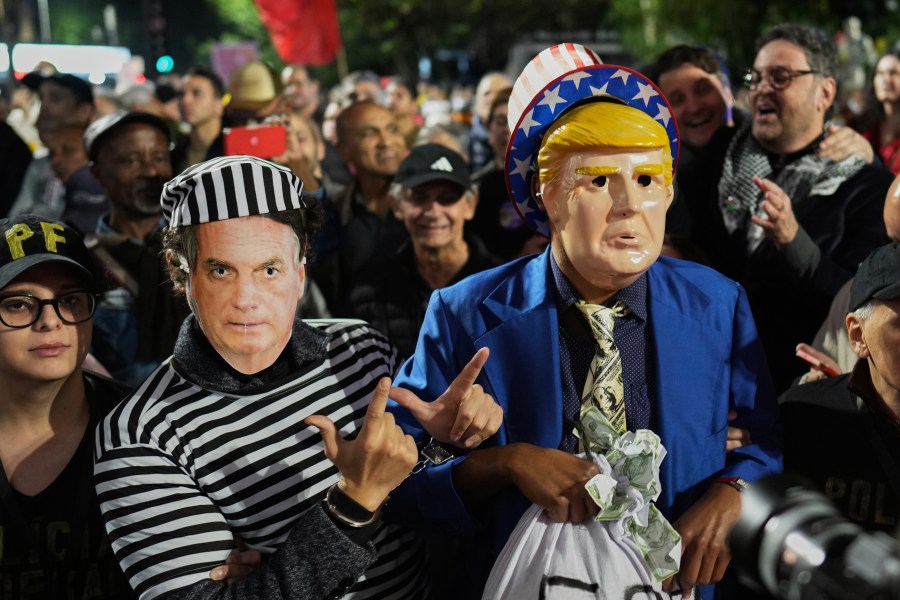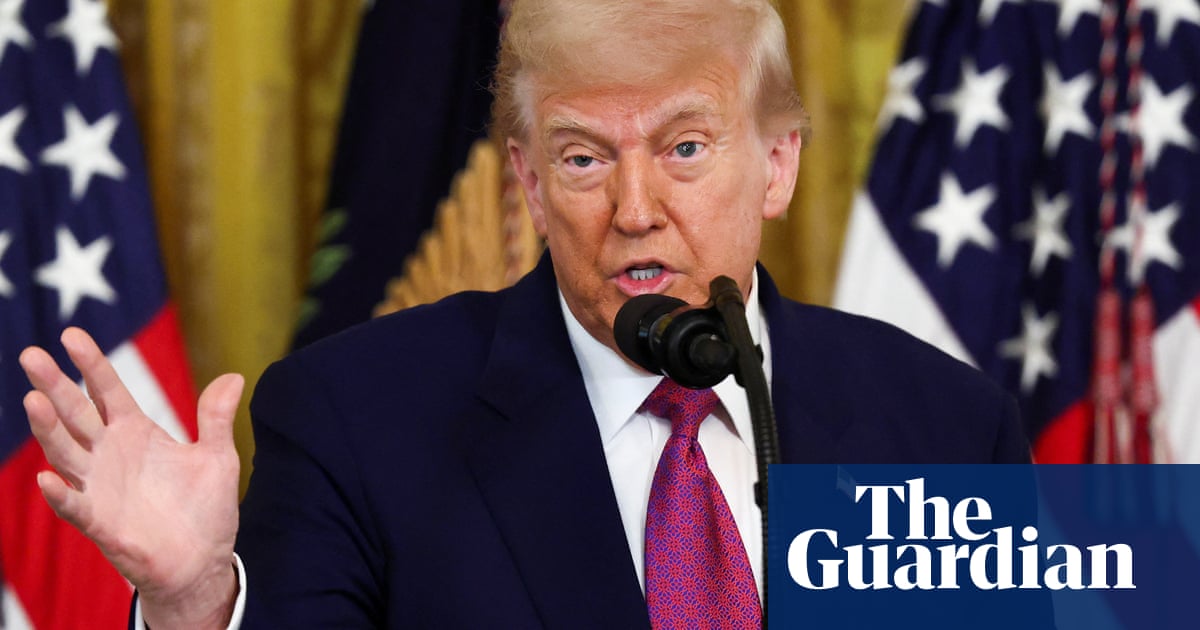Trump’s 50% Tariff Threat Could Raise U.S. Breakfast Costs

President Donald Trump has threatened to impose a 50% tariff on Brazilian goods, which could significantly raise breakfast costs in the United States. If no trade agreement is reached by August 1, 2023, staples such as coffee and orange juice could see substantial price increases, affecting consumers nationwide. Other products potentially impacted include Brazilian beef and regional airline services.
In response to Trump’s announcement, Brazilian President Luiz Inácio Lula da Silva vowed to reciprocate the tariff increase. This move appears politically motivated, as it coincides with a trial involving former Brazilian President Jair Bolsonaro, who is facing charges related to his attempts to overturn his 2022 election loss. Trump also cited Brazilian compliance issues with U.S.-based social media companies as justification for the tariff hike.
According to the U.S. Census Bureau, the United States enjoyed a trade surplus of $6.8 billion with Brazil last year. The proposed tariffs have drawn sharp criticism from Brazilian exporters and politicians, particularly those aligned with Bolsonaro. The Brazilian agribusiness caucus stated, “These new tariffs produce direct effects and hit Brazil’s agribusiness, impacting the exchange rate and the competitiveness of Brazilian exports.”
Impact on Breakfast Staples
In interviews following Trump’s announcement, Lula highlighted that the U.S. has maintained a trade surplus with Brazil exceeding $410 billion over the past 15 years. Brazil’s coffee and orange juice exports are among the few products that find significant demand in the American market. The country is the world’s top coffee producer, supplying approximately 30% of U.S. coffee imports, while orange juice exports account for a substantial portion of the U.S. market as well.
Marcos Matos, executive director of Cecafé, the Brazilian coffee exporters council, noted that the initial 10% tariff imposed by Trump in April was manageable compared to the higher rates faced by competitors like Vietnam. The potential increase to 50% has raised alarms among coffee exporters. “It will harm us, coffee exporters, in terms of jobs, income, and costs. And it will hurt the American industry and the end consumer, who will end up paying more,” Matos stated.
Ibiapaba Netto, a director at the Brazilian association for citrus juice exporters, emphasized that both nations would suffer economically. “About 40% of Brazil’s orange juice exports go to the U.S., while roughly 60% of U.S. imports come from Brazil.” He added that American brands rely heavily on Brazilian orange juice for their products, making the tariffs detrimental to breakfast juice production in the U.S.
Political Motivations and Economic Consequences
When Trump first announced the tariff plan, some in Brazil speculated that the country might benefit as it avoided the harsh penalties imposed on Canada, Mexico, and China. However, the new tariff regime has placed Brazil in a challenging economic position. “We now face one of the highest tariffs the U.S. is applying. We moved into a losing position,” said Marcos Jank, a global agribusiness professor at Insper, a business school in São Paulo.
The Brazilian aircraft manufacturer Embraer also stands to be affected by the proposed tariffs. The company stated it is assessing the potential impacts on its operations, with analysts estimating that 60% of Embraer’s revenue is tied to the U.S. market. “Any material impacts will be addressed during our second-quarter earnings conference call, scheduled for August 5, 2023,” Embraer indicated.
The Brazilian beef industry is also bracing for negative impacts. Roberto Perosa, president of the Brazilian Association of Meat Exporting Industries, has been actively negotiating with U.S. partners since Trump’s announcement. He emphasized that Brazil’s beef exports do not compete with U.S. products and that higher tariffs would adversely affect consumers in both countries. “We don’t want to keep being the target of political disputes that harm the Brazilian productive sector,” Perosa remarked.
While Trump’s tariffs are perceived as politically motivated, Brazil is exploring potential diplomatic solutions to offset the economic fallout. Luiz Rua, secretary of trade and international relations at Brazil’s Ministry of Agriculture, mentioned that there might be room for negotiation, particularly regarding access to Brazil’s ethanol market. In return, Brazil seeks improved access to the U.S. sugar market.
As the August deadline approaches, both Brazil and the United States face critical decisions that could reshape their trade relationship and impact consumers on both sides.






